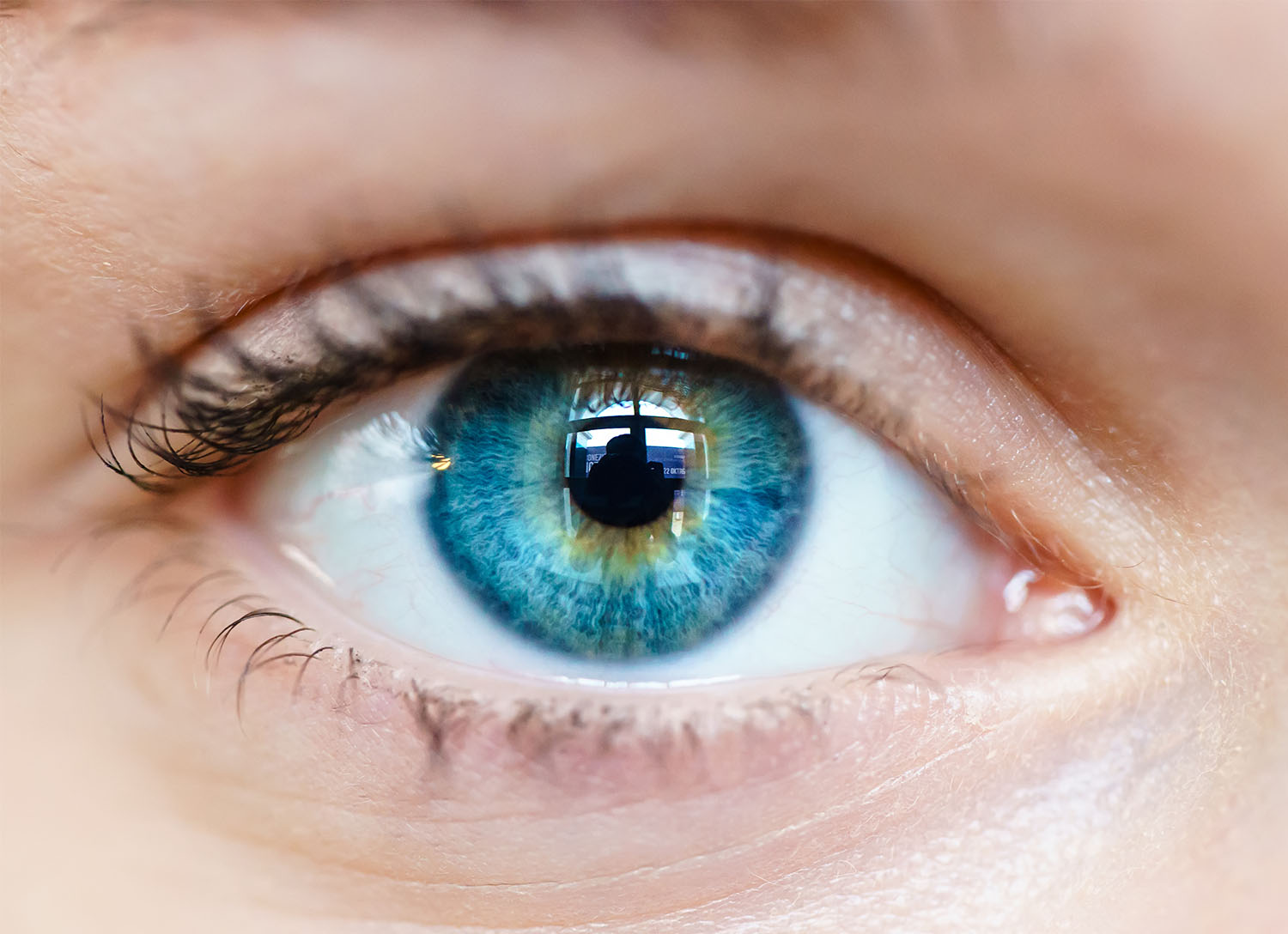
Eye Health World Health Day
This year it has never been more important to take care of your overall health. So as we recognize World Health Day on the 7th of April, we also take the time to look at the role our eyes play in our overall health.
The eyes are often one of the first indicators of health issues. Your eye doctor has special examination tools that allows them to see into the back of your eye to detect cancer, glaucoma, and macular degeneration.
Our eyes are also an indicator of health conditions like jaundice, diabetes, high blood pressure, and risk of stroke.
Common Eye Health Issues
- Macular Degeneration - Age-related macular degeneration can cause severe, permanent vision loss in people over age 60. It happens when the small central portion of your retina, called the macula, wears down.
- Glaucoma -This is caused by damage to the optic nerve which creates high blood pressure in the eye.
- Cataracts - Cataracts create that distinct cloudiness you normally associate with this eye disease. This cloudiness creates blurred vision making it difficult for sufferers to see.
- Amblyopia - usually diagnosed in childhood, Amblyopia, or lazy eye happens when the brain favors one eye over causing blurred or poor vision.
- Strabismus -This occurs when the eyes do not align properly when looking at an object.
How To Reduce The Risk of Eye Health Issues
So what can you do to improve your overall eye health and prevent the development of eye-related diseases?
- Reduce alcohol consumption - Overconsumption of alcohol can lead to more than just liver damage. It can also lead to keratoconjunctivitis sicca, a condition that causes their eyes to reduce tear production causing them to become dry, red, and swollen.
- Quit Smoking - There are hundreds of reasons why you should quit smoking and one of them is your eye health. Aside from being deadly, smoking can also cause age-related macular degeneration, cataracts, and uveitis. Your eye doctor or your physician can offer helpful suggestions and solutions to quitting smoking.
- Check your family history - Is eye disease in your family? Are you prone to developing other diseases such as diabetes or high blood pressure which can impact your eye health? Talk to your family and your physician about your risk factors.
- Avoid the sun - We know how great the sun feels after a long winter. But too much time in the sun can cause significant eye damage from harmful UV rays. Always wear a pair of sunglasses that offers 100% protection from the sun and don’t forget to wear a hat for added protection. It is important to wear sunglasses while doing outdoor activities, driving, or when you are exposed to any significant UV light.
- Get regular eye exams - Your eye doctor can often detect a health concern long before you realize there is something wrong. Having a regular eye exam is key to ensuring the prevention and early treatment of eye health issues. Your eye care professional can provide you with a suggested vision exam schedule based on your health needs.
- Eat a healthy diet - Eating right is one of the easiest ways to prevent eye health issues. A balanced diet of healthy fruits, vegetables, and grains can provide you with vitamins and minerals you need to keep your eyes healthy including Vitamin A, B vitamins, Omega-3, and Niacin.
Your eye care professional is your partner in health. Their knowledge and expertise can help you stay healthy and prevent eye health issues.
